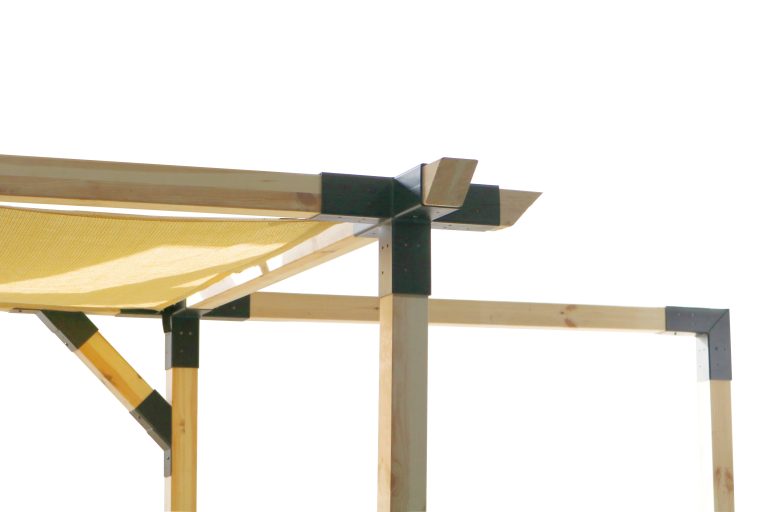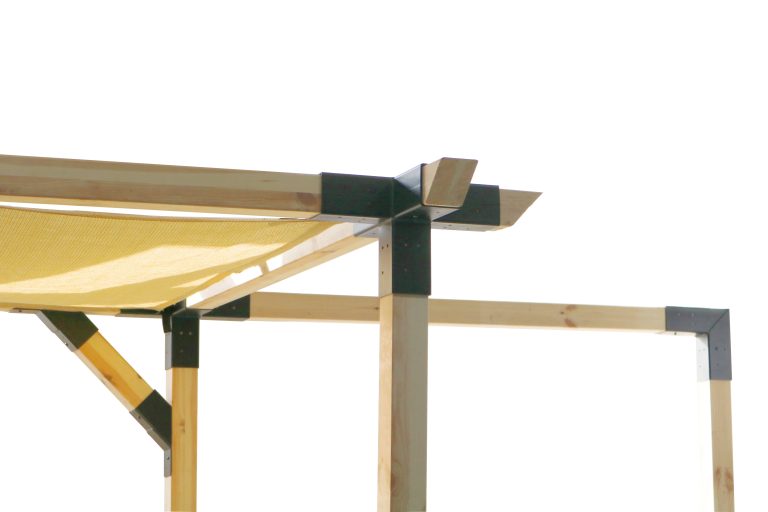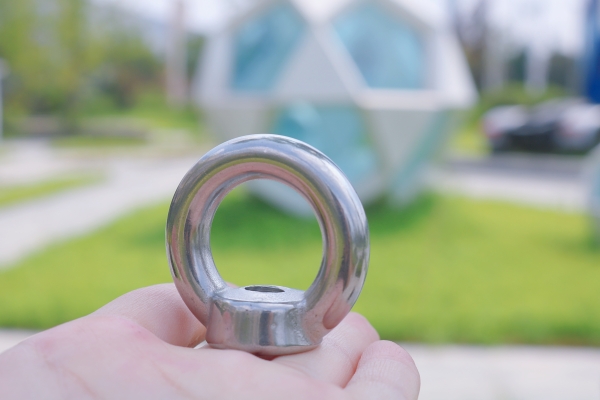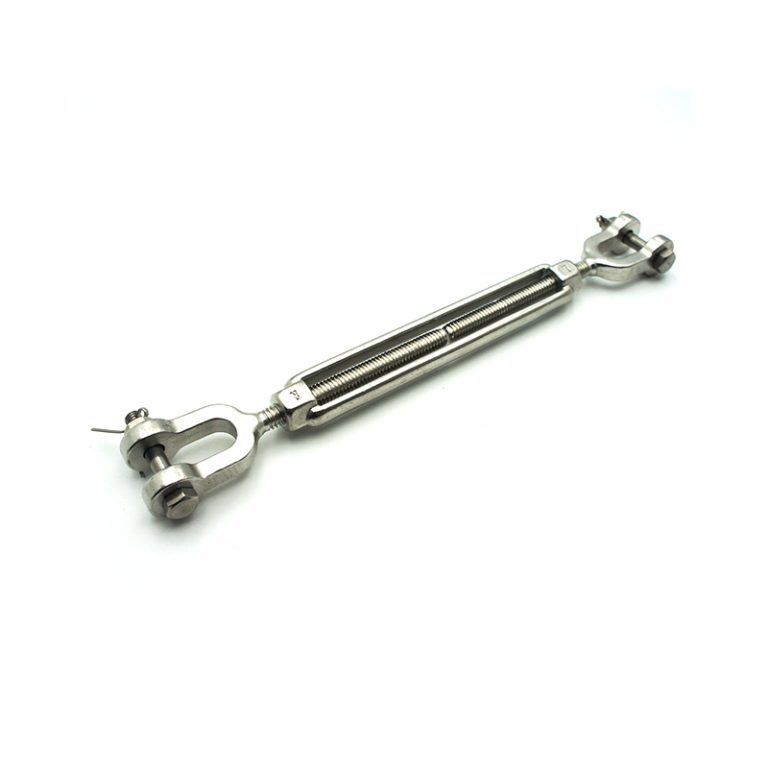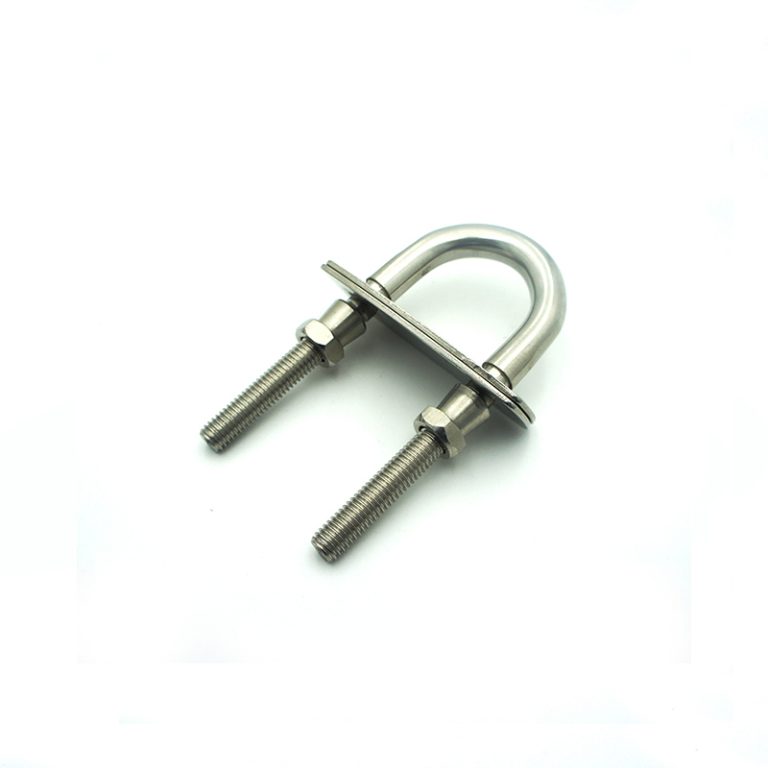Table of Contents
Corrosion Resistance Levels of Stainless Steel Bolts
Stainless steel bolts are commonly used in various industries due to their corrosion resistance properties. However, not all stainless steel bolts are created equal, as there are different grades that offer varying levels of corrosion resistance. Understanding the different grades of stainless steel bolts is essential for selecting the right type for specific applications.
One of the most common grades of stainless steel bolts is 304 stainless steel. This grade is known for its excellent corrosion resistance in a wide range of environments, including those with exposure to moisture and chemicals. 304 stainless steel bolts are often used in applications where corrosion resistance is a primary concern, such as in marine environments or in the food and beverage industry.
Another popular grade of stainless steel bolts is 316 stainless steel. This grade is similar to 304 stainless steel but contains additional alloying elements, such as molybdenum, that enhance its corrosion resistance properties. 316 stainless steel bolts are highly resistant to corrosion in harsh environments, making them ideal for use in applications where exposure to saltwater or chemicals is a concern.
In addition to 304 and 316 stainless steel, there are other grades of stainless steel bolts that offer varying levels of corrosion resistance. For example, 410 stainless steel bolts are known for their high strength and moderate corrosion resistance, making them suitable for applications where strength is a primary consideration.
When selecting stainless steel bolts for a specific application, it is important to consider the level of corrosion resistance required. Factors such as the environment in which the bolts will be used, the type of chemicals or moisture they will be exposed to, and the expected lifespan of the bolts should all be taken into account.
In general, higher grades of stainless steel bolts, such as 316 stainless steel, offer superior corrosion resistance compared to lower grades, such as 304 stainless steel. However, higher grades of stainless steel bolts also tend to be more expensive, so it is important to balance the cost with the level of corrosion resistance needed for a particular application.
It is also worth noting that proper installation and maintenance of stainless steel bolts can help enhance their corrosion resistance properties. For example, using the correct tools and techniques during installation can prevent damage to the bolts that could compromise their corrosion resistance. Regular inspection and cleaning of stainless steel bolts can also help prolong their lifespan and ensure they continue to perform effectively in corrosive environments.
In conclusion, understanding the different grades of stainless steel bolts and their corrosion resistance properties is essential for selecting the right type for specific applications. By considering factors such as the environment in which the bolts will be used and the level of corrosion resistance required, it is possible to choose stainless steel bolts that will provide long-lasting performance and durability. Proper installation and maintenance of stainless steel bolts can further enhance their corrosion resistance properties, ensuring they continue to perform effectively in corrosive environments.
Strength and Durability Comparison of Different Grades of Stainless Steel Bolts
Stainless steel bolts are commonly used in various industries due to their corrosion resistance and durability. However, not all stainless steel bolts are created equal. There are different grades of stainless steel bolts available, each with its own unique properties and characteristics. Understanding the differences between these grades is essential for selecting the right bolt for a specific application.
One of the most commonly used grades of stainless steel bolts is Grade 304. This grade is known for its excellent corrosion resistance and is often used in applications where exposure to moisture or chemicals is a concern. Grade 304 bolts are also easy to clean and maintain, making them a popular choice for food processing and medical equipment.
Another popular grade of stainless steel bolts is Grade 316. This grade is similar to Grade 304 but contains additional molybdenum, which enhances its corrosion resistance, especially in harsh environments such as marine or coastal areas. Grade 316 bolts are also known for their high tensile strength, making them suitable for heavy-duty applications.
In addition to Grades 304 and 316, there are other grades of stainless steel bolts available, each with its own unique properties. For example, Grade 410 stainless steel bolts are known for their high strength and hardness, making them ideal for applications where high mechanical properties are required. However, Grade 410 bolts are not as corrosion resistant as Grades 304 and 316, so they may not be suitable for all applications.
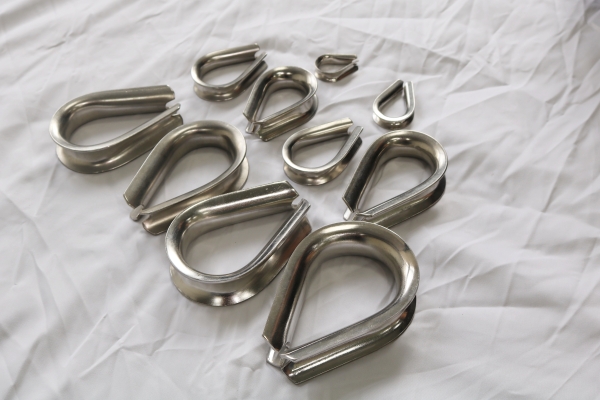
When comparing the strength and durability of different grades of stainless steel bolts, it is important to consider the specific requirements of the application. For example, if corrosion resistance is a primary concern, Grade 316 bolts may be the best choice. On the other hand, if high tensile strength is required, Grade 410 bolts may be more suitable.
It is also important to consider the environmental conditions in which the bolts will be used. For example, if the bolts will be exposed to saltwater or harsh chemicals, Grade 316 bolts may be the best option due to their superior corrosion resistance. In contrast, if the bolts will be used in a dry environment with minimal exposure to moisture, Grade 304 bolts may be sufficient.
In conclusion, understanding the different grades of stainless steel bolts is essential for selecting the right bolt for a specific application. By considering factors such as corrosion resistance, tensile strength, and environmental conditions, it is possible to choose a bolt that will provide the necessary strength and durability for the job. Whether it is Grade 304, Grade 316, or Grade 410, each grade of stainless steel bolt has its own unique properties that make it suitable for a variety of applications.

